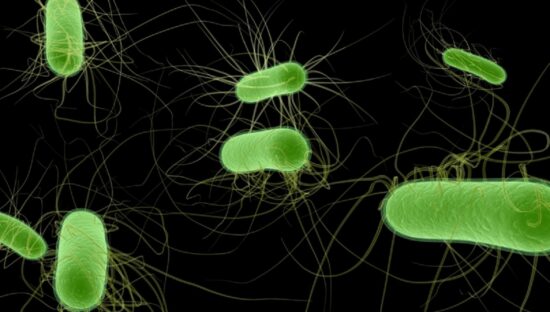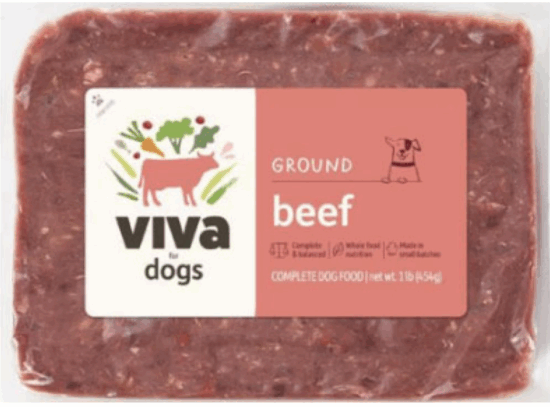More than 20 E. coli infections have been reported in two regions of Germany with six children seriously ill.
Information was provided by the State Office for Agriculture, Food Safety and Fisheries (LALLF) and the State Office for Health and Social Affairs (LAGuS) on the situation in the districts of Vorpommern-Rügen and Vorpommern-Greifswald.
Sixteen children and teenagers aged between 1 and 15, as well as six adults, are ill.
Six children have hemolytic uremic syndrome (HUS). HUS is a clinical syndrome related to E. coli, which can lead to kidney failure, brain damage and death. Seven patients are receiving inpatient care in various German states. Four children are in intensive care.
Extended laboratory work is ongoing to determine whether all patients are suffering from the same type of E. coli. This helps identify any connections between those sick and possible sources of infection.
In the Vorpommern-Rügen district, 10 people are infected and four are being treated in hospitals. Three children have developed HUS, and two required intensive care. Six patients were on vacation, and four are from Mecklenburg-Vorpommern.
One suspected and six confirmed cases have been reported in Vorpommern-Greifswald, affecting children aged 1 to 9 and one adult. Two children developed HUS but only one is still receiving intensive care.
District health authorities and medical facilities have expanded stool diagnostics to identify pathogens and find potential connections between the cases. Parents and relatives of affected children are also being interviewed about eating habits and contact with animals before getting sick.
Food hygiene officials are taking samples and investigating supply chains. The first food samples tested at LALLF were negative for E. coli.
About E. coli infections
Food contaminated with E. coli may not look, smell or taste bad. Anyone who has developed symptoms of E. coli infection should seek medical attention and tell their doctor about their possible food poisoning. Specific tests are required to diagnose the infections, which can mimic other illnesses.
The symptoms of E. coli infections vary for each person but often include severe stomach cramps and diarrhea, which is often bloody. Some patients may also have a fever. Most patients recover within five to seven days. Others can develop severe or life-threatening symptoms and complications.
About 5 percent to 10 percent of those diagnosed with E. coli infections develop a potentially life-threatening kidney failure complication, known as a hemolytic uremic syndrome (HUS). Symptoms of HUS include fever, abdominal pain, feeling very tired, decreased frequency of urination, small unexplained bruises or bleeding, and pallor.
Some people with HUS recover within a few weeks, but some suffer permanent injuries or death. This condition can occur among people of any age but is most common in children younger than five years old because of their immature immune systems, older adults because of deteriorating immune systems, and people with compromised immune systems such as cancer patients.
People who experience HUS symptoms should immediately seek emergency medical care. People with HUS will likely be hospitalized because the condition can cause serious and ongoing problems such as hypertension, chronic kidney disease, brain damage and neurologic problems.
(To sign up for a free subscription to Food Safety News, click here)



